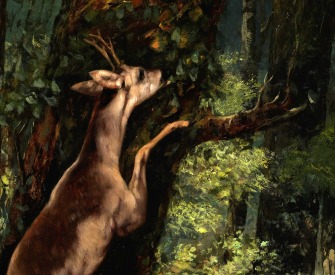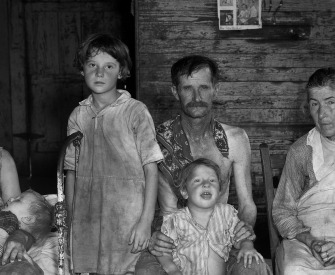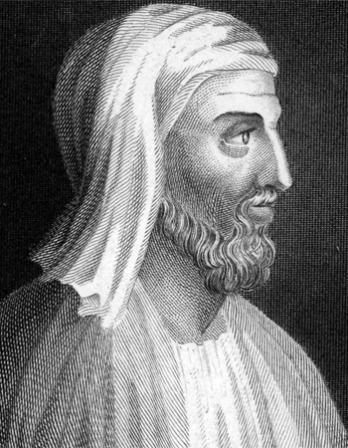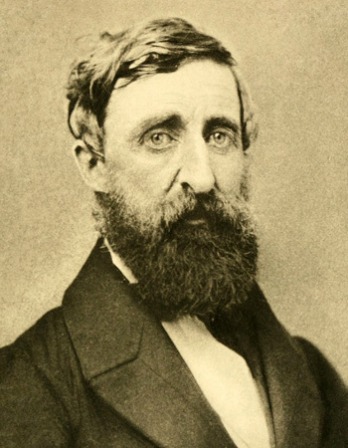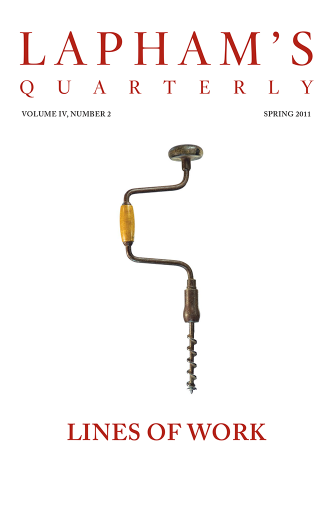I take it as a prime cause of the present confusion of society that it is too sickly and too doubtful to use pleasure frankly as a test of value.
—Rebecca West, 1939We Happy Few
Anton Chekhov offers some life advice.
A change took place in me in those few hours while I was in my brother’s house. In the evening, while we were having tea, the cook laid a plate of gooseberries on the table.
They had not been bought but were my brother’s own gooseberries, plucked for the first time since the bushes were planted. He laughed with joy, and for a minute or two, he looked in silence at the gooseberries with tears in his eyes. He could not speak for excitement, then put one into his mouth, glanced at me in triumph, like a child at last being given its favorite toy, and said, “How good they are!”
He went on eating greedily and saying all the while, “How good they are! Do try one.”
They were hard and sour, but as Pushkin said, the illusion that exalts us is dearer to us than ten thousand truths. I saw a happy man, one whose dearest dream had come true, who had attained his goal in life, who had got what he wanted, and was pleased with his destiny and with himself. In my idea of human life, there is always some alloy of sadness, but now at the sight of a happy man, I was filled with something like despair. And at night it grew on me.
A bed was made up for me in the room near my brother’s, and I could hear him, unable to sleep, going again and again to the plate of gooseberries. I thought, “After all, what a lot of contented, happy people there must be! What an overwhelming power that means. I look at this life and see the arrogance and idleness of the strong, the ignorance and bestiality of the weak, the horrible poverty everywhere, overcrowding, drunkenness, hypocrisy, falsehood. Meanwhile, in all the houses, all the streets, there is peace. Out of fifty thousand people who live in our town, there is not one to kick against it all. Think of the people who go to the market for food. During the day they eat; at night they sleep, talk nonsense, marry, grow old, piously follow their dead to the cemetery. One never sees or hears those who suffer, and all the horror of life goes on somewhere behind the scenes. Everything is quiet, peaceful, and against it all there is only the silent protest of statistics. So many go mad, so many gallons are drunk, so many children die of starvation. And such a state of things is obviously what we want. Apparently, a happy man feels so only because the unhappy bear their burden in silence, but for which happiness would be impossible. It is a general hypnosis. Every happy man should have someone with a little hammer at his door to knock and remind him that there are unhappy people, and that however happy he may be, life will sooner or later show its claws, and some misfortune will befall him—illness, poverty, loss—and then no one will see or hear him, just as he now neither sees nor hears others. But there is no man with a hammer, and the happy go on living, just a little fluttered with the petty cares of everyday, like an aspen tree in the wind—and everything is all right.
That night I was able to understand how I, too, had been content and happy. I, too, at meals or out hunting, used to lay down the law about living, and religion, and governing the masses. I, too, used to say that teaching is light, that education is necessary, but that for simple folk, reading and writing is enough for the present. Freedom is a boon, I used to say, as essential as the air we breathe, but we must wait. Yes—I used to say so, but now I ask: Why do we wait? What considerations keep us fast? I am told we cannot have everything at once, and that every idea is realized in time. But who says so? Where is the proof that it is so? You refer me to the natural order of things, to the law of cause and effect, but is there order or natural law in that I, a living, thinking creature, should stand by a ditch until it fills up, or is narrowed, when I could jump it or throw a bridge over it? Tell me, I say, why should we wait? Wait, when we have no strength to live, and yet must live and are full of the desire to live!
I left my brother early the next morning, and from that time on I found it impossible to live in town. The peace and the quiet of it oppress me. I dare not look in at the windows, for nothing is more dreadful to see than the sight of a happy family, sitting around a table having tea. I am an old man now and am no good for the struggle. I commenced late. I can only grieve within my soul and fret and sulk. At night my head buzzes with the rush of my thoughts and I cannot sleep. Ah! If I were young! If I were young.
Don’t be satisfied, don’t let yourself be lulled to sleep. While you are young, strong, wealthy, do not cease to do good! Happiness does not exist, nor should it, and if there is any meaning or purpose in life, they are not in our peddling little happiness but in something reasonable and grand. Do good!

Anton Chekhov
From “Gooseberries.” Born in southwest Russia, the young Chekhov moved to Moscow and became a doctor while also writing the short stories and plays that would make him famous. The idea of happiness often appears in the fragmented thoughts he collected in his notebooks. “It usually takes as much time to feel happy as to wind up one’s watch,” he wrote. Several years later he added, “How intolerable people are sometimes who are happy and successful in everything.”
